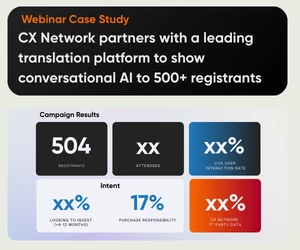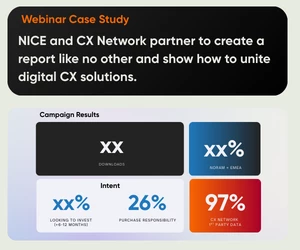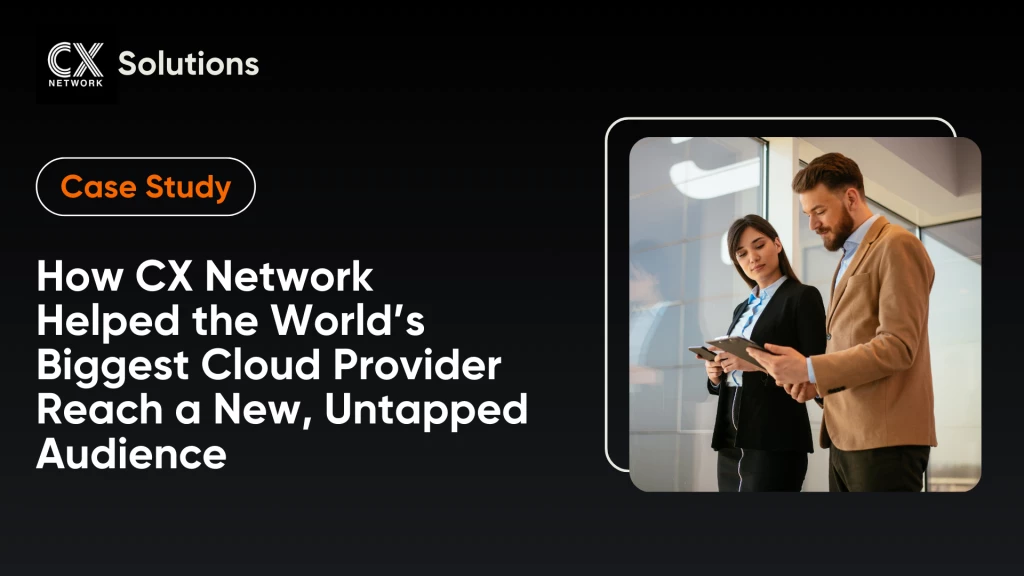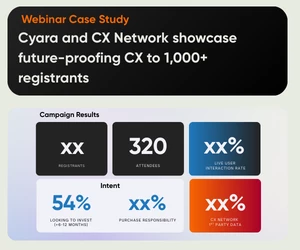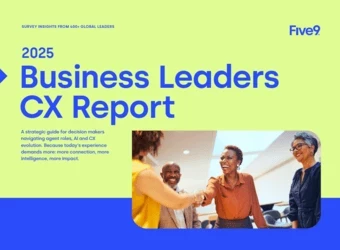Apple slammed for consumer protection violation
A judge declares Apple violated a court order requiring it to allow greater competition and thus better UX
Add bookmark
Consumer protection is at the heart of breaking up monopolies. Consumers - and developers of mobile apps - experienced a relevant significant win over tech juggernaut Apple in the last week, said Epic Games' chief executive Tim Sweeney.
U.S. district Judge Yvonne Gonzalez Rodgers in California issued an 80-page ruling to declare that Apple violated a U.S. court order requiring it to allow greater competition for app downloads and payment methods in the App Store. As a result, this case will now be referred to federal prosecutors.
What's the back story?
To provide context, this ruling is a long time coming. Epic Games is the maker of Fortnite, a popular video game that is distributed via app. In 2020, it brought an antitrust lawsuit to Apple saying it had established an illegal monopoly around its App Store. Essentially, Epic Games felt powerless and also said this activity was anti consumer protection. CX leaders know the harm that can cause, especially when it comes to customer loyalty.
At the time, Apple was earning billions of dollars annually from an exclusive payment system collecting commissions, according to AP News. CNBC broke it down further:
"Apple developers had to use Apple’s billing system for digital goods like game coins — which takes a 15 to 30 percent cut — and couldn’t tell users that prices can be cheaper on the web."
Apple had banned developers from including buttons and links to outside websites. It also warned users that leaving the App Store came with risk and did not allow developers to share the fact that going to the website could be a cheaper option because of the attached commission. Apple booted Fortnite out of the App Store because of this direct billing system. And Epic Games wanted to start its own app store on iPhones and lift restrictions on how apps bill their users, according to CNBC.
Ultimately, the beef over the direct billing mechanism led to a weeklong trial and testimony from Apple CEO Tim Cook. Apple won nine out of 10 counts in the end, and Epic Games said it was a loss for developers and consumers. Still, everyone pressed on.
Forced to take consumer protection seriously
After the Supreme Court declined to hear this antitrust case and a series of appeals that failed on the one count it lost, Apple began to make changes. This one loss in the case was a result of a California law that led to an injunction prohibiting Apple from preventing app developers from linking out in their apps.
So, in January 2024, Apple changed the rules of the game. It would allow app makers selling to US customers to add links and buttons inside their apps. These developers could bring users out of the App Store and onto another website to input credit card information, according to CNBC.
Did Apple abide by the court ruling - or not?
However, the question became whether Apple was truly abiding by the ruling. The Verge went into excrutiating detail about how Apple tried to get around the judge's decision. To start, Apple chose the option that was "the most anticompetitive," according to the court and as reported by The Verge.
The judge had allowed for Apple to charge a commission but it had to defend the rate it would eventually choose. There was internal debate about both the rate and whether to include a fee at all, and ultimately Cook chose a 27 percent commission.
"Apple knew the commission would be so high that external credit card processing fees would make the option unworkable for developers, the court says," according to The Verge. "And crucially, the court found the number was still based on nothing but Apple’s desire for profit. The company didn’t come up with an explanation of why its services were so valuable as to merit the fee."
Employees discussed using "scary language"
In addition, Apple decided to allow for very plain text buttons and links that would not garner much attention. It also included a pop-up that warned users about leaving Apple, and employees even discussed using "scary" language to keep people on the Apple platform.
Cook was part of these decisions and called for the addition of language to alert users that they would no longer be protected under Apple's privacy and security terms. There were other restrictions added as well.
This case is in the spotlight again as Alphabet CEO Sundar Pichai testified in the last week in the ongoing case that began with U.S. District Judge Amit Mehta ruling a year ago that Google had acted illegally to maintain a monopoly on the search engine market. This is another example of an alleged lack of consumer protection.
Monopolies refer to when a single company dominates an industry and limits competition. A monopoly has a stranglehold on consumers because they have nowhere else to go. The company can charge higher prices without fear of losing out to competitors. It can also refrain from innovation and this stifles markets.
It can also lead to bad CX. This comes at a time when the Trump administration has also dismantled the Consumer Financial Protection Board (CFPB), which often pursued the break up of monopolies and other court cases on behalf of consumers.
In the end, the California judge, who has referred both Apple and Alex Roman, vice president of finance at Apple to federal prosecutors for criminal contempt, might have the final say:
"Apple’s continued attempts to interfere with competition will not be tolerated," Gonzalez Rogers said as reported by Reuters. "This is an injunction, not a negotiation. There are no do-overs once a party willfully disregards a court order."
Quick links:
- What Amazon's tariff debate with Trump means for CX?
- M&S cyberattack exposes gap in CX strategy
- Amazon CEO: "AI is reinventing CX"
CCW UK Summit 2025

CCW UK will provide attendees with insights to break down organisational silos, align cross-functional goals, and integrate human-centric and AI-driven strategies seamlessly.
To view this content, please fill out the form to register and become a member.
Or, if you're already a member, sign in below to view.
Please note: That all fields marked with an asterisk (*) are required.
















